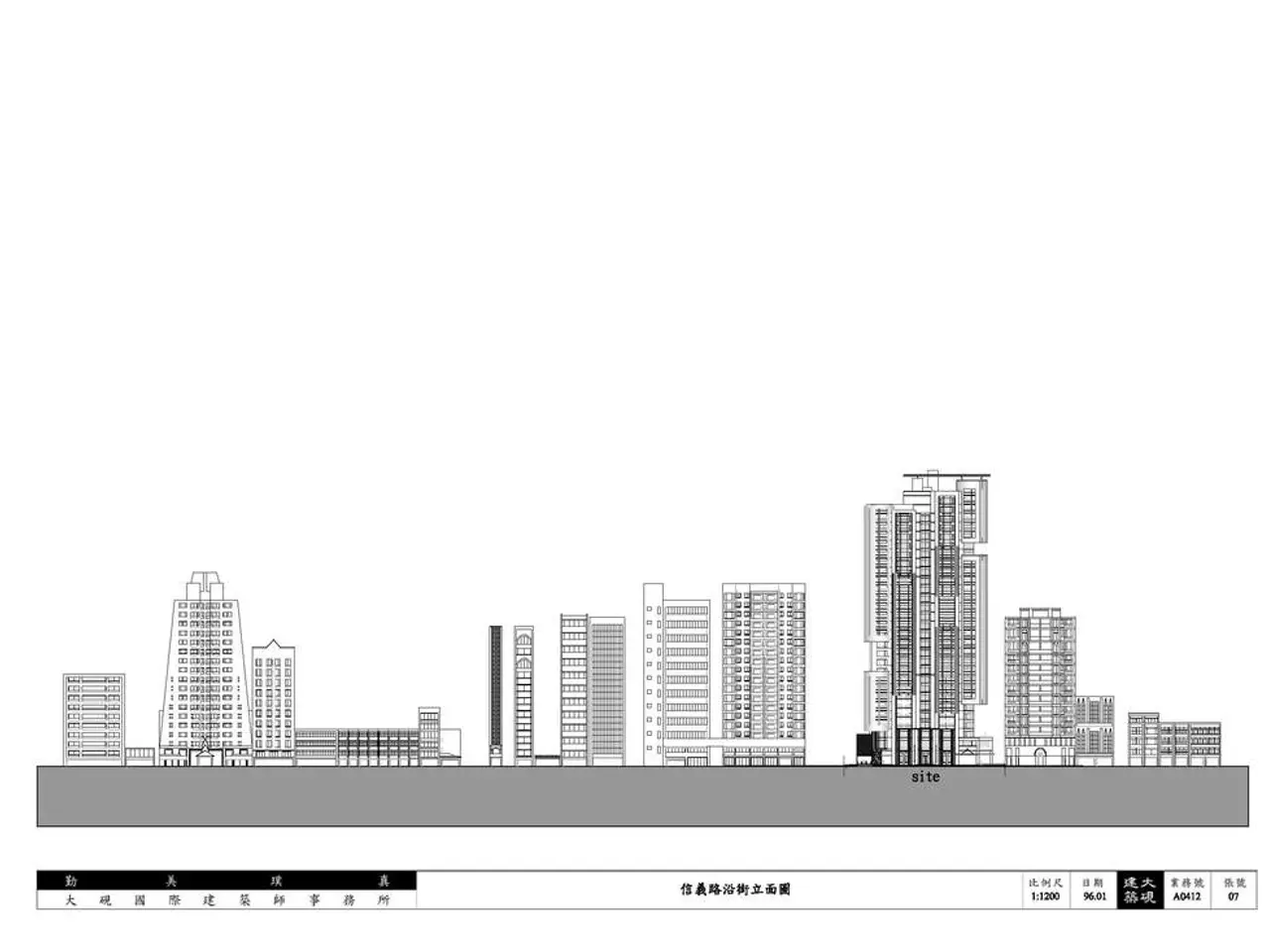Courts imposing excessive bail on indigent defendants, sparking criticism over social injustice
Exorbitant Bail Amounts in Kenyan Courts: A Barrier to Justice
A growing concern in Kenya's judicial system is the setting of exorbitant bail amounts, particularly in cases involving protesters. These high figures, often beyond the reach of many arrested individuals, have significant implications for access to justice, pre-trial detention, and the democratic process.
In many instances, bail amounts have been set at sums such as Ksh 50,000, Ksh 100,000, Ksh 200,000, and even Ksh 400,000 with surety [1][2][5]. These sums, far exceeding the financial capabilities of many arrested protesters, have resulted in extended pre-trial detentions. This undermines the constitutional right to presumption of innocence and timely trial, as well as the principle of equal justice before the law.
Moreover, excessive bail terms breed resentment towards the justice system and may contribute to radicalization. This was evident in the 2014 Operation Eastleigh Sanitisation, where heavy bail terms were seen as a tool to suppress dissent [1].
The public and some legal observers have criticized the courts for using bail as a punitive tool to suppress dissent. However, the judiciary, through the Judicial Service Commission, has defended bail decisions as legally grounded in the Constitution, Criminal Procedure Code, and judicial guidelines. They emphasize the importance of judicial discretion and the availability of appeals [2].
Despite these defenses, it is clear that exorbitant bail terms are a barrier to justice for many protesters, resulting in extended detentions and potentially stifling lawful dissent [1][2][3]. This dynamic highlights ongoing tensions between state security objectives and constitutional rights in Kenya's current judicial landscape.
The Constitution in Kenya speaks for the right to bail, and denying it, however subtly, is to deny liberty itself. Magistrates in Kenya must resist the urge to side with the powerful and ensure that justice is seen as humane, not just blind.
Civil society, the Bar, and the Bench in Kenya must hold conversations that go beyond legal theory and enter the realm of practical justice. International cases, such as M vs. Germany (2009) by the European Court of Human Rights, have held that bail must not be "so high as to effectively negate the right to release" [4].
The presumption of innocence, a sacrosanct principle in Article 50(2)(a) of the Kenyan Constitution, is eroded when liberty is contingent upon wealth. The high bail amounts set by magistrates in Kenya deny freedom and enable state repression.
It is crucial for judicial training institutions in Kenya to embed socioeconomic context into their curricula. A judiciary that fails to see the connection between exorbitant bail and systemic injustice becomes complicit in the silencing of the democratic voice. The gavel of justice should fall not on the poor, but on the unjust.
References: [1] "Exorbitant Bail Amounts and the Silencing of the Democratic Voice" by Ochieng' Odhiambo, Kenya Law Review. [2] "Bail and the Right to Freedom: A Critical Examination of the Kenyan Judiciary" by Wambui Mwangi, African Journal of Legal Studies. [3] "The Impact of Excessive Bail on Pre-Trial Detention in Kenya" by Grace Muganda, International Journal of Human Rights and Social Justice. [4] "M vs. Germany (2009) by the European Court of Human Rights." [5] "Bail Amounts and the Right to Fair Trial in Kenya" by John Mwangi, The Star.
- The high bail amounts set in Kenyan courts, often in political protests cases, pose a significant barrier to both access to justice and the democratic process, as they exceed the financial capabilities of many arrested individuals.
- In the realm of education and self-development, it is essential for judicial training institutions in Kenya to foster a socioeconomic context awareness, to ensure that the judiciary does not unintentionally perpetuate systemic injustice through exorbitant bail terms.
- General news outlets and media in Kenya should raise awareness about the issue of excessive bail, which can contribute to crime and justice concerns by undermining the constitutional right to a fair trial and the presumption of innocence, as well as breed resentment towards the justice system.
- The financial implications of high bail amounts are not limited to politics and business alone; they also have profound effects on health and overall well-being, as individuals are kept in pre-trial detention for extended periods, compromising their physical and mental health.




